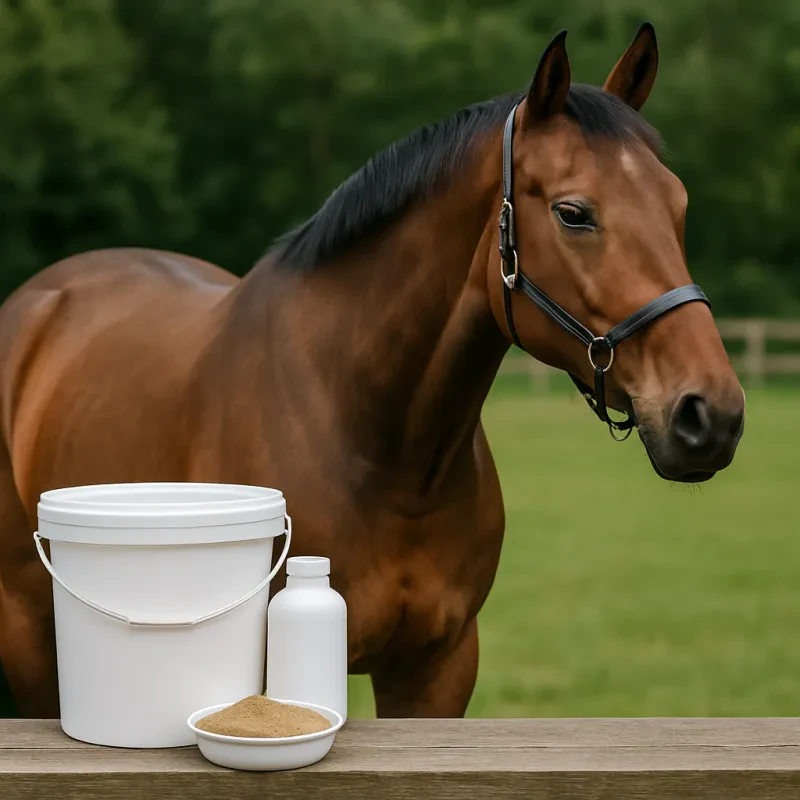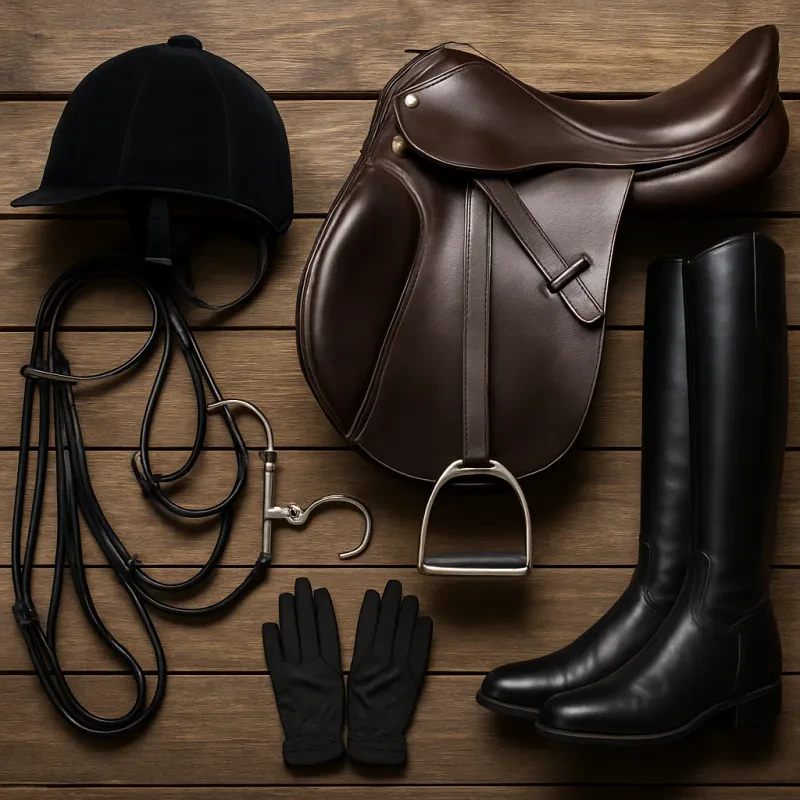Grooming plays a crucial role in maintaining a healthy and shiny coat for your horse. Regular grooming not only keeps your horse looking great, but it also helps to improve their overall health and well-being. Brushing your horse regularly helps to remove dirt, dust, and loose hair from their coat, preventing skin issues and promoting good circulation.
When grooming your horse, make sure to use the right tools for the job. A soft-bristled brush is great for removing dirt and debris from your horse's coat, while a curry comb can help to loosen dirt and bring out the natural oils in their skin. A shedding blade is also useful for removing loose hair during shedding season.
In addition to regular brushing, it's important to bathe your horse when necessary. Use a gentle horse shampoo and warm water to clean your horse's coat, being careful to rinse thoroughly to avoid any skin irritation. After bathing, make sure to dry your horse thoroughly to prevent them from catching a chill.
Feeding Guidelines for Every Season
Proper nutrition is essential for keeping your horse healthy and happy year-round. However, the nutritional needs of your horse can vary depending on the season. Here are some feeding guidelines to help you ensure that your horse is getting the nutrients it needs throughout the year.
Spring: During the spring months, it's important to gradually transition your horse from its winter diet to its summer diet. This means gradually increasing the amount of fresh grass in the diet and reducing the amount of hay. Be sure to monitor your horse's weight and adjust its diet accordingly.
Summer: In the summer, horses may have increased energy requirements due to hot weather and increased activity levels. Be sure to provide your horse with plenty of fresh, clean water at all times to prevent dehydration. Consider supplementing your horse's diet with electrolytes to help replace the minerals lost through sweat.
Fall/Winter: During the fall and winter months, horses may need extra calories to keep warm. Increase the amount of hay in your horse's diet to provide additional energy. Be sure to monitor your horse's body condition and adjust its diet as needed to prevent excess weight gain.
Recognizing Signs of Heat Stress
During the hot summer months, it's important to keep a close eye on your horse to ensure they don't succumb to heat stress. One of the key signs to look out for is excessive sweating, which can indicate that your horse is struggling to regulate their body temperature. If you notice your horse is sweating profusely, it's important to take immediate action to help them cool down.
Another common sign of heat stress in horses is rapid breathing. If your horse is breathing heavily and quickly, it could be a sign that they are overheating. In addition, a rapid pulse and elevated heart rate can also indicate that your horse is experiencing heat stress. It's important to monitor these vital signs regularly, especially during hot weather, to ensure your horse's health and well-being.
In addition to physical symptoms, behavioral changes can also be a sign of heat stress in horses. If your horse seems lethargic, unresponsive, or disoriented, it's important to take action immediately to help them cool down and prevent further complications. By keeping a close eye on your horse and recognizing the signs of heat stress, you can help ensure they stay healthy and safe during the summer months.
Winter Shelter and Blanketing Options
During the cold winter months, it's important to provide your horses with adequate shelter and proper blanketing to keep them warm and healthy. When it comes to winter shelter, a sturdy and well-insulated barn or shelter is ideal for protecting your horses from harsh weather conditions such as snow, rain, and wind. Make sure the shelter has good ventilation to prevent moisture buildup, which can lead to respiratory issues for your horses.
In addition to a shelter, providing your horses with proper blanketing options is crucial for keeping them comfortable in the cold. Consider investing in a variety of blankets with different weights to accommodate changing weather conditions. A lightweight blanket is perfect for mild winter days, while a heavier blanket is necessary for those extremely cold nights. Make sure to regularly check and adjust the blankets to ensure they fit properly and don't cause any discomfort or rubbing on your horses' skin.
When choosing blankets for your horses, opt for high-quality materials that are waterproof and breathable to prevent moisture buildup and promote air circulation. It's also important to regularly clean and inspect the blankets for any tears or damage to ensure they continue to provide adequate warmth and protection throughout the winter season. By providing your horses with a comfortable shelter and proper blanketing options, you can help them stay healthy and happy all winter long.


